In public health, the focus is often on immediate concerns: outbreaks, healthcare access, and preventive measures. Yet, the backbone of effective public health strategy lies in three fundamental areas: assessment, policy development, and assurance. These core functions are not just academic terms but the building blocks of a resilient public health system. This blog post delves into these critical areas, exploring how they are evolving to meet the challenges of today's world. Through this exploration, we aim to demystify these concepts, making them accessible and understandable, and highlight their importance in safeguarding community health.
A Fresh Take on Assessment
Assessment involves systematically collecting, analyzing, and making available information on the health of a community, including statistics on health status, community health needs, and epidemiological studies. But this is not just about numbers and data; it's about understanding the health narrative of a community. With the Policy Development Assessment approach, the focus is on integrating these insights into the policy-making process. This means identifying health issues and understanding their root causes and distribution across different populations.
Transitioning into the practical side, modern assessment methods now incorporate advanced technologies and data analytics. This not only improves the accuracy of health assessments but also allows for real-time monitoring and response. As a result, health officials can make informed decisions faster, adapting to emerging health threats more effectively.
Refining Policy Development
Policy development is where the insights gained from assessment are transformed into actionable strategies. It involves the formulation of policies to address public health issues, guided by the evidence collected during the assessment phase. The essence of Policy Development Assessment in this context is to ensure that policies are not only evidence-based but also equitable and adaptable.
In recent years, there has been a shift towards more inclusive policy development processes. This means engaging a more comprehensive range of stakeholders, including community members, healthcare providers, and businesses, in policy formulation. Such engagement ensures that policies are well-rounded, considering diverse perspectives and needs. Moreover, it enhances the acceptance and implementation of these policies, as stakeholders feel a sense of ownership and responsibility towards them.
Advancing Assurance
Assurance is about ensuring that the services necessary to achieve agreed-upon public health goals are available and accessible to everyone. It encompasses a wide range of activities, from enforcing laws and regulations to ensuring a competent public health workforce. In the context of Policy Development Assessment, assurance focuses on evaluating the effectiveness of policies and their implementation. This involves continuous monitoring and quality improvement processes to ensure that policies achieve their intended outcomes.
The evolution of assurance has seen an increased emphasis on accountability and transparency. Public health agencies are now more proactive in communicating their activities and outcomes to the public. This not only builds trust but also fosters a culture of continuous improvement. Additionally, there is a growing recognition of the need for a more flexible and resilient public health workforce capable of adapting to new challenges and technologies.
Conclusion
The evolving core functions of assessment, policy development, and assurance are pivotal in addressing the complex health challenges of our time. Public health systems can become more effective and responsive by embracing modern technologies, inclusive approaches, and a focus on accountability. It's clear that these functions do not operate in isolation but are interconnected, each reinforcing the other.
As we look to the future, the importance of these core functions in public health cannot be overstated. They provide a framework not only for responding to current health issues but also for anticipating and preparing for future challenges. Through continuous refinement and adaptation, assessment, policy development, and assurance can serve as a solid foundation for a health system that is not only reactive but also proactive in promoting and protecting the health of communities.
In essence, revitalizing these core functions is not just an academic exercise but a practical necessity. It requires commitment, innovation, and collaboration across all levels of society. By strengthening these areas, public health systems can ensure that they are equipped to meet the needs of their communities today and in the future. As we move forward, let us embrace these changes with optimism and determination, recognizing that they are essential steps towards a healthier, more resilient world.





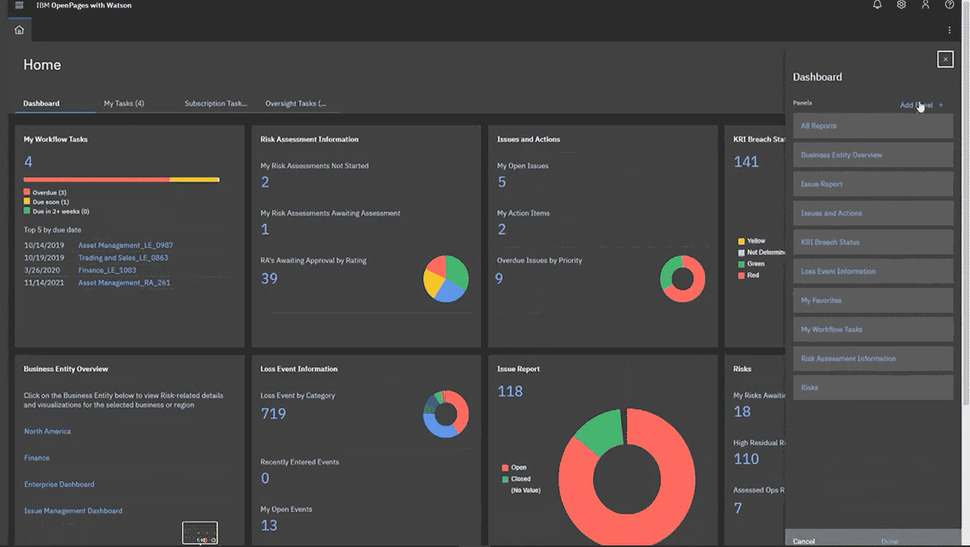




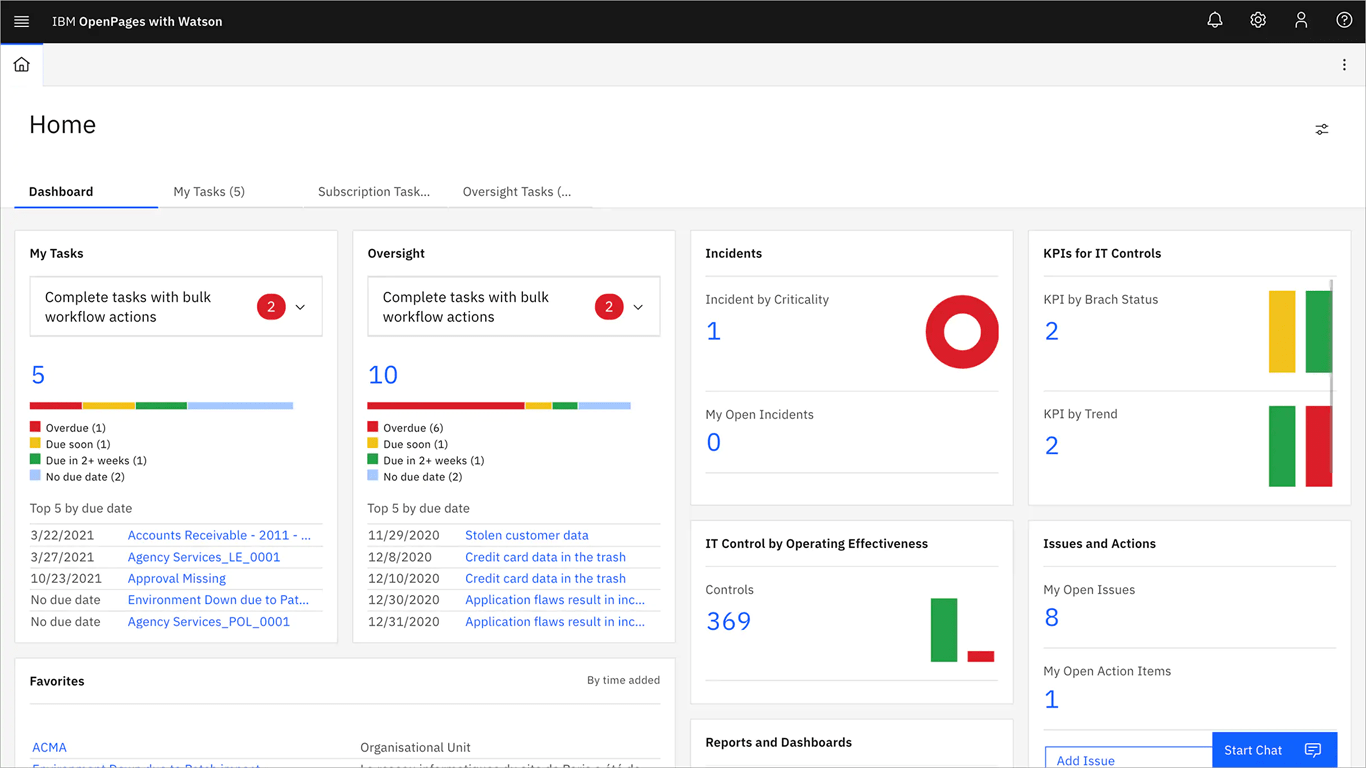

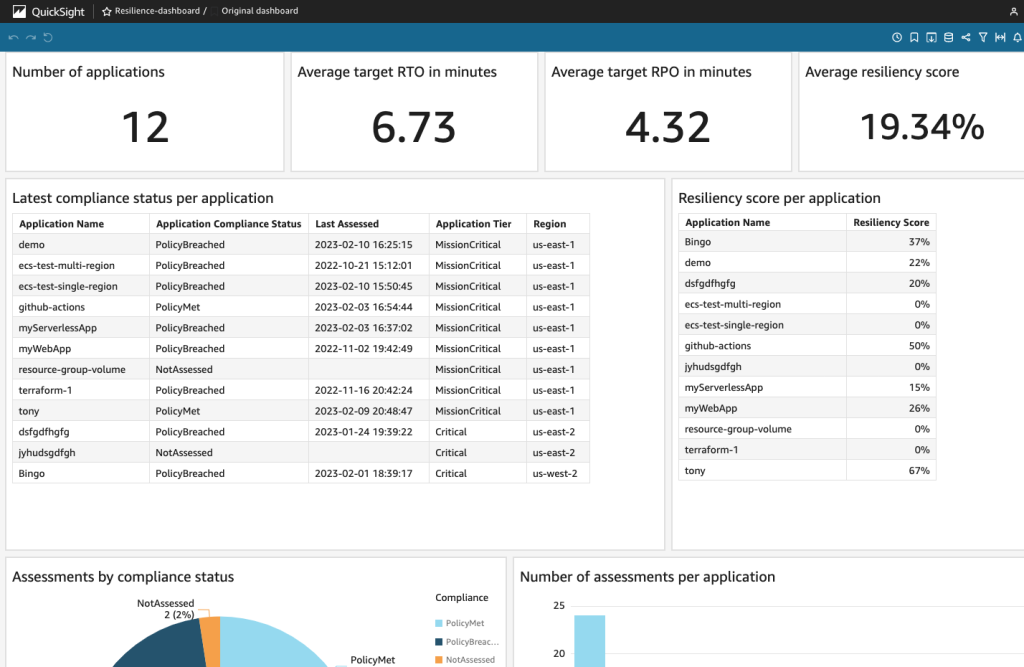
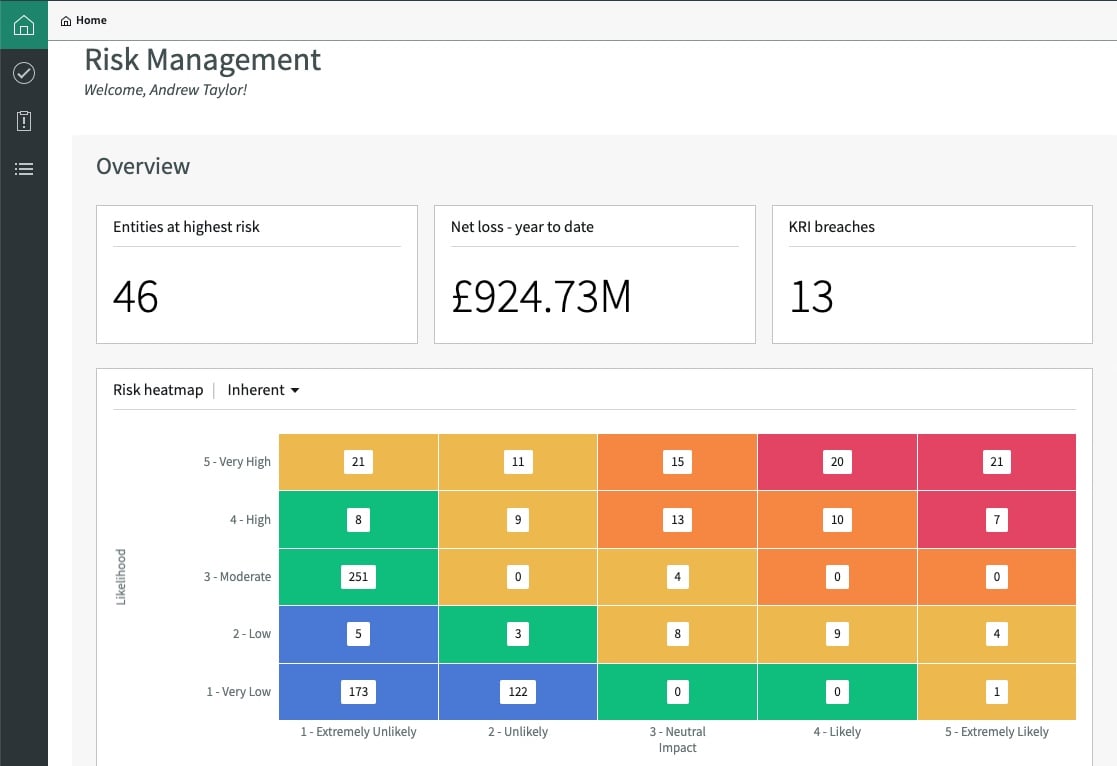







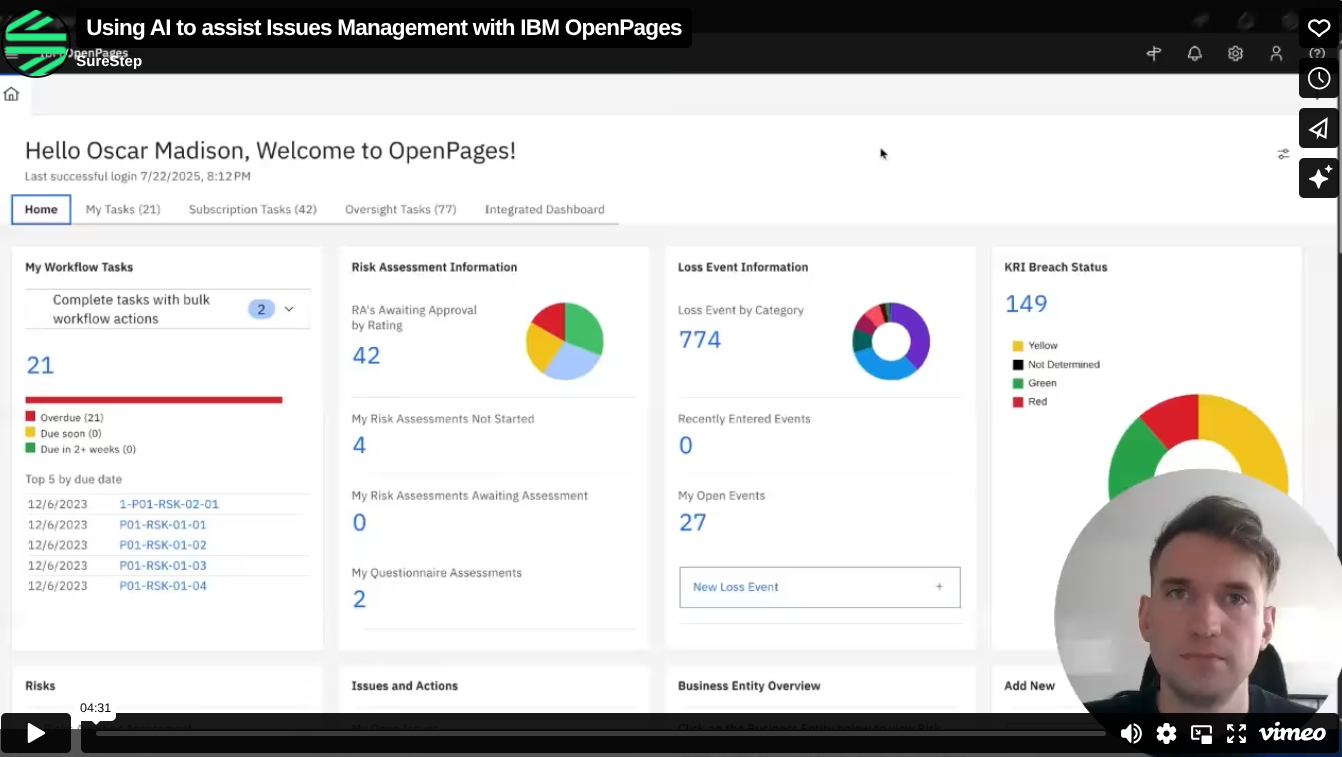
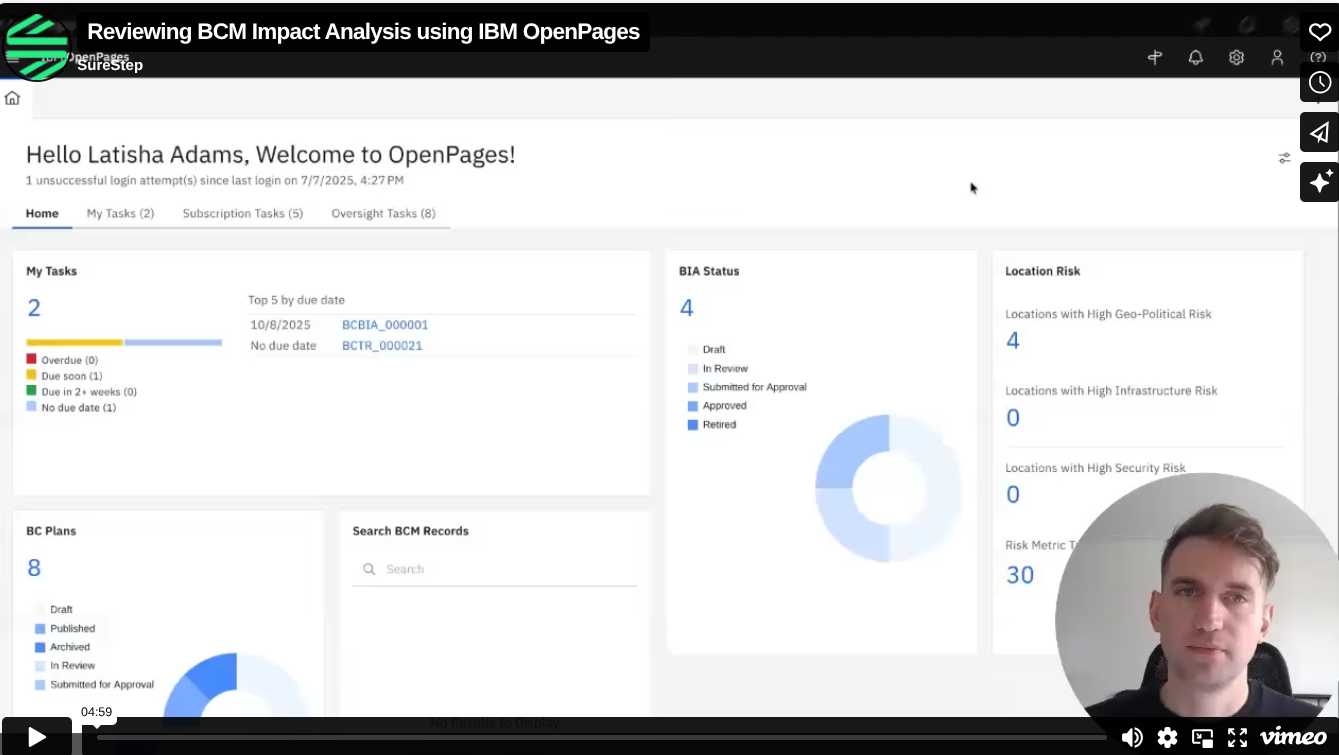






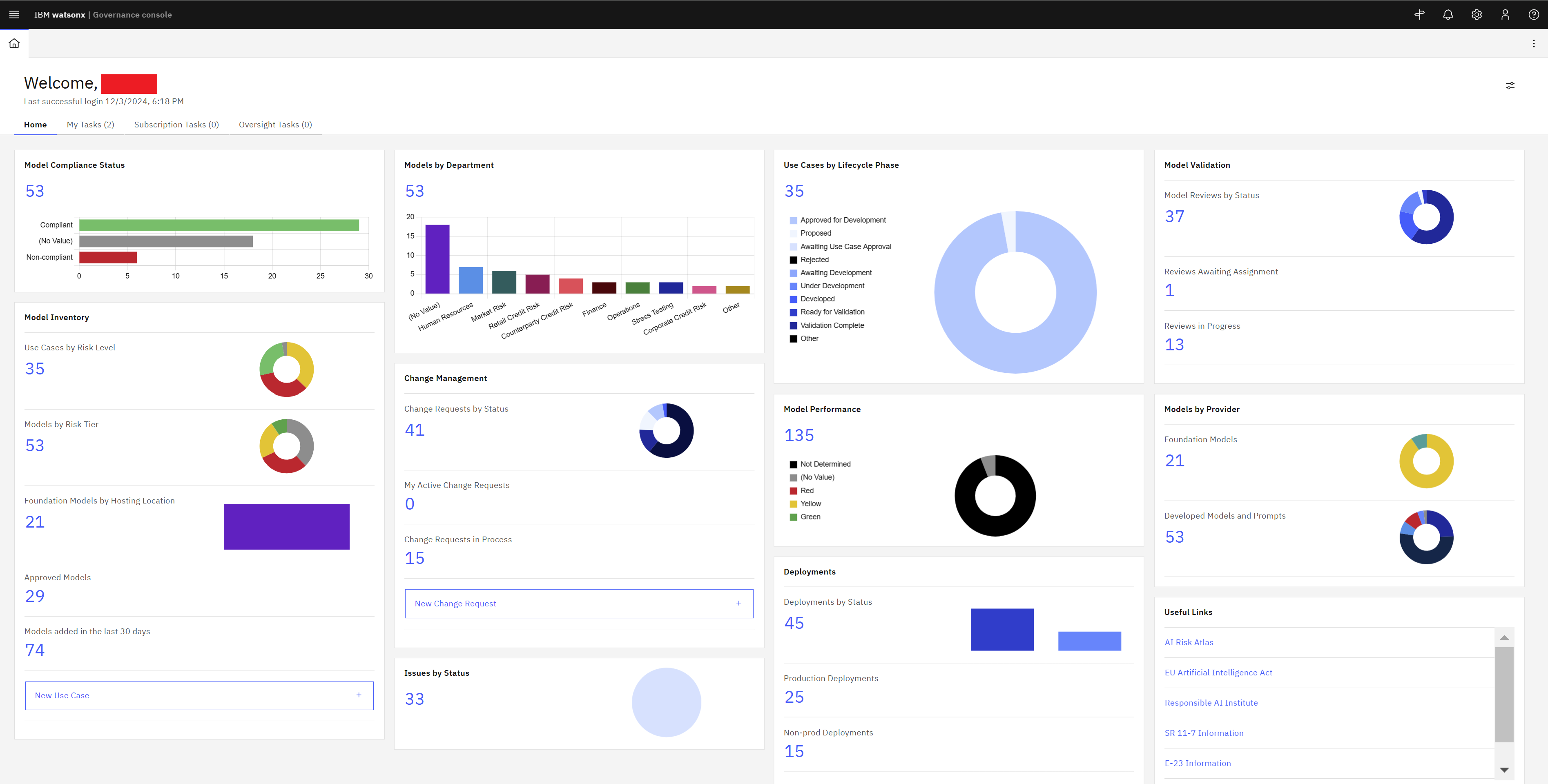

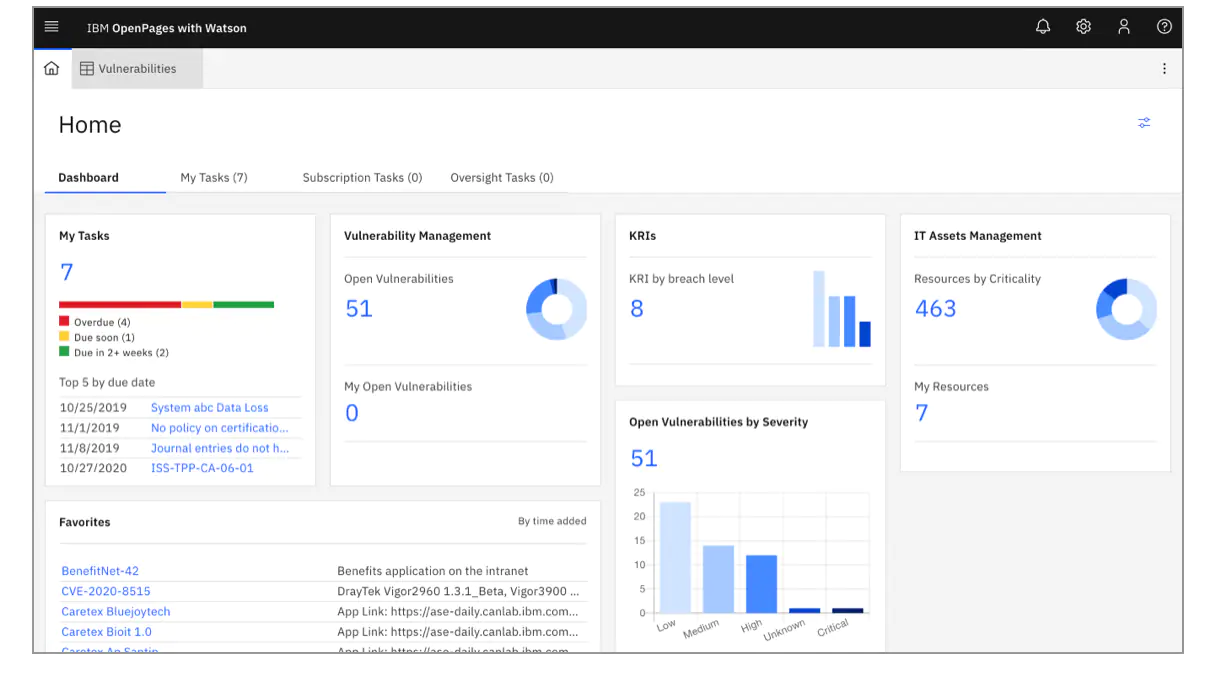
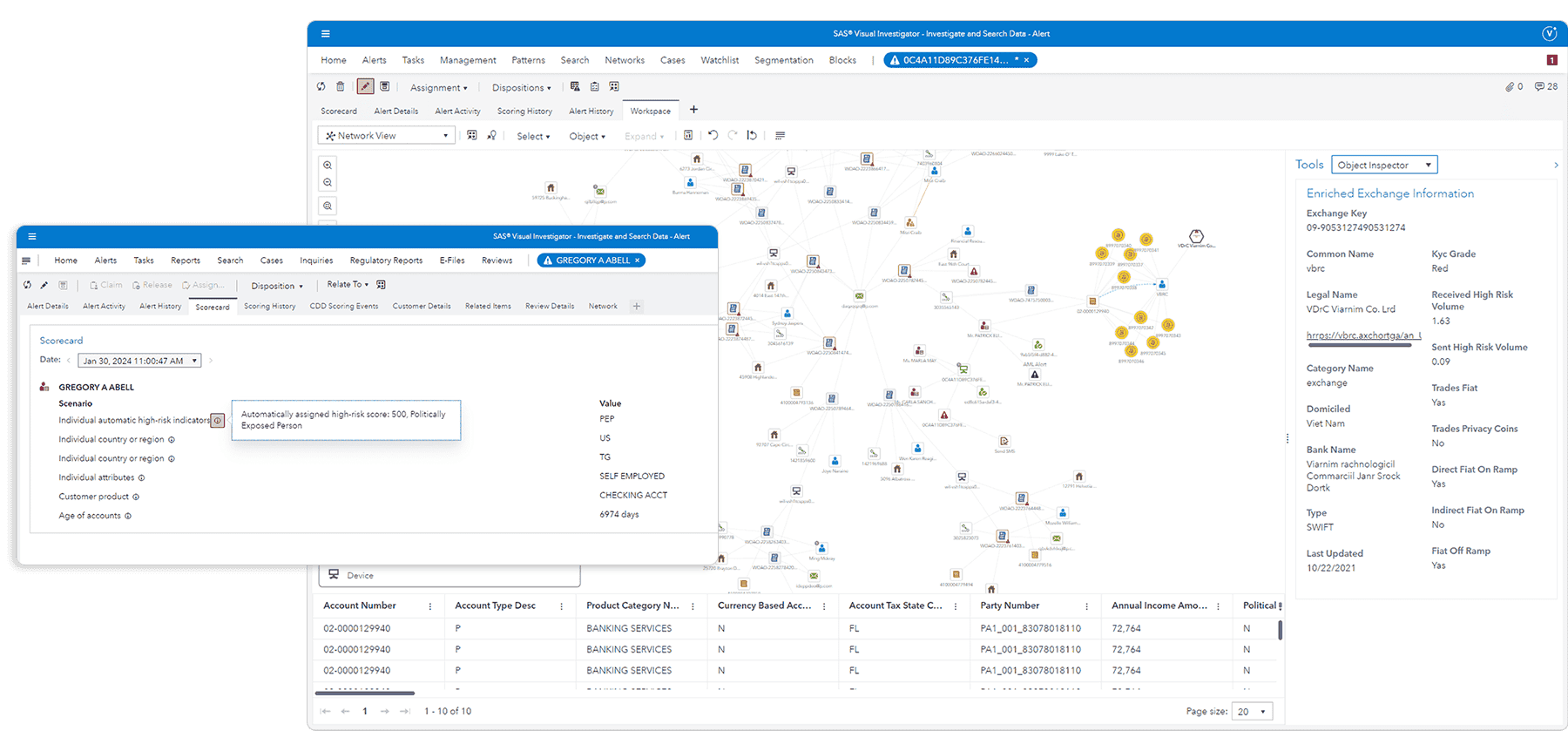







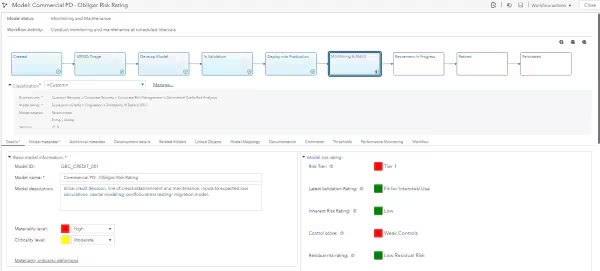









.webp)

-1.jpg)










.jpg)



























.jpeg)







